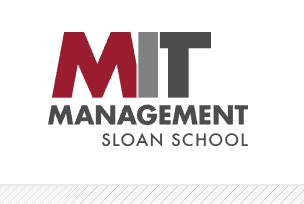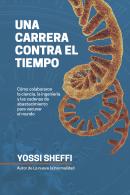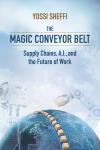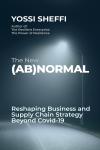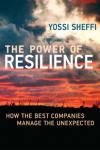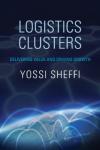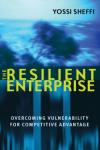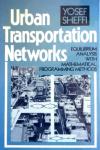The race to deliver a Covid-19 vaccine has been likened to a moonshot, but in several ways landing a man on the moon was easier.
In “A Shot in the Arm - How Science, Engineering, and Supply Chains Converged to Vaccinate the World”, MIT Professor Yossi Sheffi recounts the vaccine’s world-changing journey from scientific breakthrough, to coronavirus antidote, to mass vaccination. He explores how the mission could transform the way the world combats other global-scale challenges. Like previous moonshot quests, this one was founded on revolutionary science. The book describes how the effort built on decades of scientific biochemistry and microbiology research to develop Covid mRNA vaccines. The vaccines teach the human body how to recognize coronavirus invaders and neutralize them before they convert the body’s cells into virus factories. However, a weapon is impotent without the means to make and distribute it.
The book explains how the government-funded the vaccine’s developments, how supply chain managers ensured the availability of the materials needed, and how the vaccines were distributed to a world in danger of losing the battle against a pandemic. Sheffi characterizes this monumental endeavor as the greatest product launch in history. Along the way, the mission teams broke new ground in their respective fields. The teams also made mistakes, and the book shows how these failures will inform future campaigns. Other obstacles in the way included disinformation, public mistrust of science and government, and political opportunism. Sheffi explores the root causes of these divergent forces and points to their societal implications.
A Shot in the Arm ends on an optimistic note with a look at the Covid vaccine mission’s formidable legacy. In addition to providing templates for fighting pandemics, the effort has advanced immunology and highlighted the breathtaking potential of mRNA-based vaccines. Future vaccines could cure deadly diseases such as cancer, and when combined with other technologies, spur innovations in other fields including agriculture. The book argues that the vaccine effort provides vital lessons that could help humanity tackle other global challenges such as poverty, food and water security, and climate change, particularly in areas such as the funding of R&D and scaling innovations.
Endorsements
"In a tour-de-force, Yossi Sheffi offers strategic lessons behind the record-breaking development, production, and global delivery of the Covid vaccines and what they mean for the future.”
–Robert Langer, David H. Koch Institute Professor at MIT and co-founder of Moderna.
“Sheffi wonderfully describes how science, engineering, and society met—or not!—the challenge of COVID-19 from antigen through mRNA vaccine, manufacture, regulation, distribution, and reception.”
–Phillip A. Sharp, Institute Professor at MIT and Nobel Laureate
MEDIA INQUIRIES
Dr. Yossi Sheffi is available for interviews, Q&As, expert commentary, and byline articles, author events, and other public speaking engagements. Please view the Press Kit page for more information and discussion topics.




